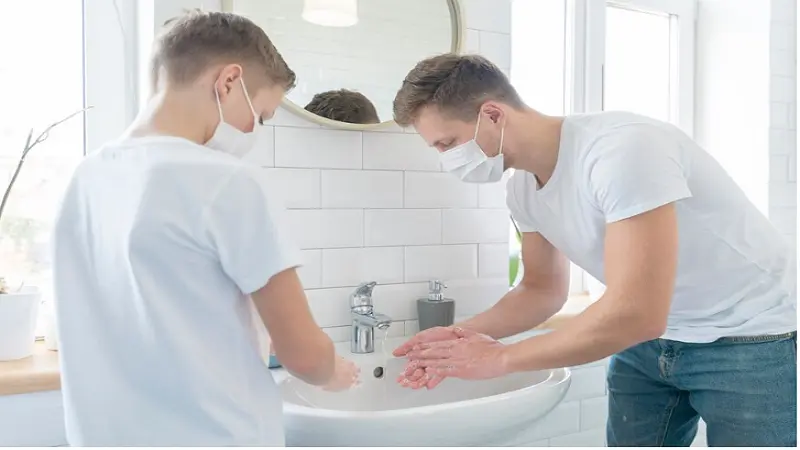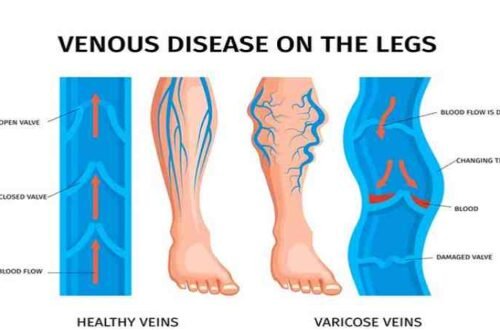Plumbing is one of the most critical aspects of maintaining a safe and functional home. Whether it’s ensuring proper water flow, preventing leaks, or addressing emergencies, a well-maintained plumbing system can save you from costly repairs and potential disasters. In this article, we’ll explore top plumbing solutions that every homeowner should consider to keep their home running smoothly and efficiently.
Emergency Plumbing Services: Your First Line of Defense
Emergencies don’t wait for convenient times. A sudden burst pipe, an overflowing toilet, or a major leak can cause significant damage if not addressed quickly. In such cases, it’s crucial to remove water quickly and efficiently to prevent further damage to your home’s structure and belongings, making it essential to have a reliable plumber on call.
1. 24/7 Emergency Plumbing Repairs
Having access to a reliable plumber who offers 24/7 emergency services can prevent water damage from escalating into a more severe problem. Whether it’s a burst pipe in the middle of the night or a blocked sewer line on a weekend, a quick response can save your home and wallet from significant damage.
Fun fact: Did you know that a small leak can waste up to 10,000 gallons of water a year? That’s enough water to fill a swimming pool! Timely repairs not only prevent property damage but also help conserve water and lower your bills.
2. Handling Water Damage from Plumbing Issues
Water damage can destroy flooring, walls, and even the foundation of your home if left unchecked. A proactive approach includes knowing how to shut off your water supply and contacting an emergency plumber immediately. Installing water detection devices can also help identify leaks before they become severe, reducing the risk of water damage.
Drain Cleaning: Keeping Water Flowing Smoothly
Clogged drains can be a nuisance, leading to slow drainage, bad odors, and even backups in your home. In addition to maintaining clear drains, homeowners should also consider water heater installation as part of a comprehensive plumbing strategy, ensuring a consistent and efficient hot water supply throughout the home.
1. Professional Drain Cleaning Services
While chemical drain cleaners may offer a quick fix, they can cause long-term damage to your pipes. Professional drain cleaning services use advanced techniques like hydro-jetting to remove stubborn blockages without harming your plumbing. Hydro-jetting uses high-pressure water to clear clogs and keep your pipes in top shape.
Fun fact: The most common household items found in clogged drains are hair, soap scum, grease, and food particles. Regular maintenance can prevent these materials from building up and causing blockages.
2. Preventative Measures to Avoid Clogs
You can avoid frequent drain problems by being mindful of what goes down the drain. Use drain covers to catch hair in the shower and avoid pouring grease or oil down kitchen sinks. Running hot water through your sink regularly and using baking soda and vinegar can help keep your drains clear of minor buildup.
Water Heater Installation and Maintenance
A water heater is an essential part of your home, providing hot water for showers, cleaning, and cooking. However, like all appliances, water heaters require proper care and maintenance to function efficiently.
1. Choosing the Right Water Heater for Your Home
When it’s time to install or replace your water heater, selecting the right size and type is crucial. Tankless water heaters, for instance, offer energy savings and provide hot water on demand, making them a popular option for homeowners looking to reduce their energy bills. On the other hand, traditional tank water heaters are more affordable upfront and are still a great choice for larger families with higher hot water demands.
Fun fact: Tankless water heaters can last up to 20 years, compared to 10-15 years for conventional tank water heaters. While they may have a higher upfront cost, their longer lifespan and energy efficiency often make them a better investment in the long run.
2. Water Heater Maintenance Tips
Regular maintenance of your water heater can extend its lifespan and improve efficiency. Draining the tank annually to remove sediment buildup, checking the temperature settings, and inspecting the anode rod are key steps to ensure your water heater runs efficiently. A temperature setting of 120 degrees Fahrenheit is optimal for preventing scalding while saving energy.
Leak Detection and Repair: Saving Water and Money
Leaks are often hidden in walls, ceilings, or underground, making them difficult to detect without the right equipment. However, ignoring a small leak can lead to bigger problems over time.
1. The Importance of Leak Detection
Undetected leaks not only waste water but can also cause structural damage, mold growth, and high water bills. Professional plumbers use advanced tools such as infrared cameras and acoustic equipment to locate hidden leaks, even behind walls or beneath floors. Once detected, a quick repair can prevent further damage and costly repairs.
Fun fact: Fixing a leaking faucet can save you about 3,000 gallons of water per year! That’s equivalent to the amount of water needed for over 180 showers.
2. Common Causes of Leaks and How to Prevent Them
Leaky pipes can result from corrosion, high water pressure, or freezing temperatures. Preventative measures include insulating exposed pipes during winter, reducing water pressure to optimal levels, and replacing old or corroded pipes as needed. Routine inspections can also help identify potential issues before they turn into serious leaks.
Taking care of your home’s plumbing system is an investment in your property’s longevity, safety, and functionality. From emergency plumbing repairs and regular drain cleaning to water heater maintenance and leak detection, staying proactive with plumbing solutions can save you from costly repairs and protect your home from water damage. Whether you’re looking to upgrade your water heater, fix a leaky faucet, or prevent future clogs, these plumbing solutions will keep your home running smoothly and efficiently for years to come.
Fun fact: The word “plumbing” comes from the Latin word “plumbum,” meaning lead, because early plumbing pipes were made from lead!





